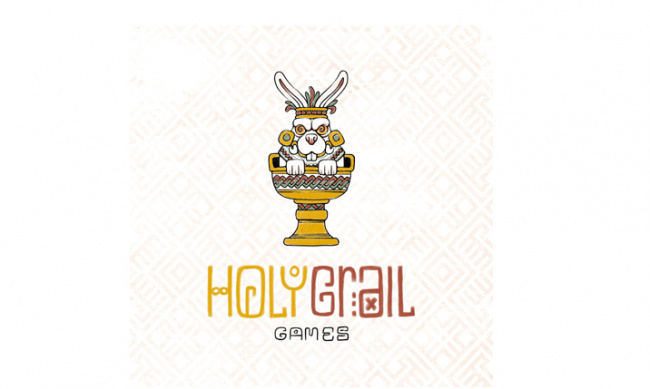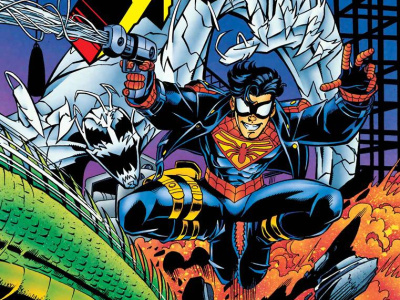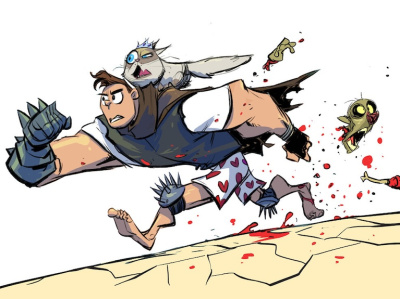The events that led up to Holy Grail closing its doors started with the COVID-19 pandemic in 2020 and progressed over time. The COVID era lockdowns resulted in delays in the production of their games in France and China. This created a production bottleneck, which slowed down development of their pipeline and caused logistical problems later. These compounded issues eventually resulted in a loss of retail revenue over the course of two years.
Holy Grail's business model was also hampered by increasing costs from 2020 through 2022. Their costs on producing games went up 10 to 20% during this time period, primarily due increased shipping costs. This aligns with the price increase added by Luma Imports, the publisher distributed Holy Grail Games in U.S. markets, to their products in 2021 (see "Price Increases; Clogged Ports"). The increased costs exceeded what they had budgeted for in their Kickstarters and there by reduced their profit margins.
The death blow to Holy Grail came in the form of a logistics snafu at the hands of their fulfillment partner Bollore Logistics, a multi-billion dollar international transport and logistics company. Bollore Logistics was contracted to fulfill a number of Holy Grail's projects, a task which the company allegedly botched by sending Holy Grail's games to the wrong customers. The shipping errors were costly for Holy Grail, both financially and reputation-wise, and created a situation where their entire stock got stuck in Bollore's warehouses. As a result, this left them unable to sell products during the 2022 holiday season with invoices mounting.
The company filed for bankruptcy after they found out, last week, that "key distribution partners would be delaying their next orders by six months or more due to the current economic situation." They were hoping that the capital raised from the orders would stave off collapse, but that option did not materialize. Thus, Holy Grail Games was lost.









